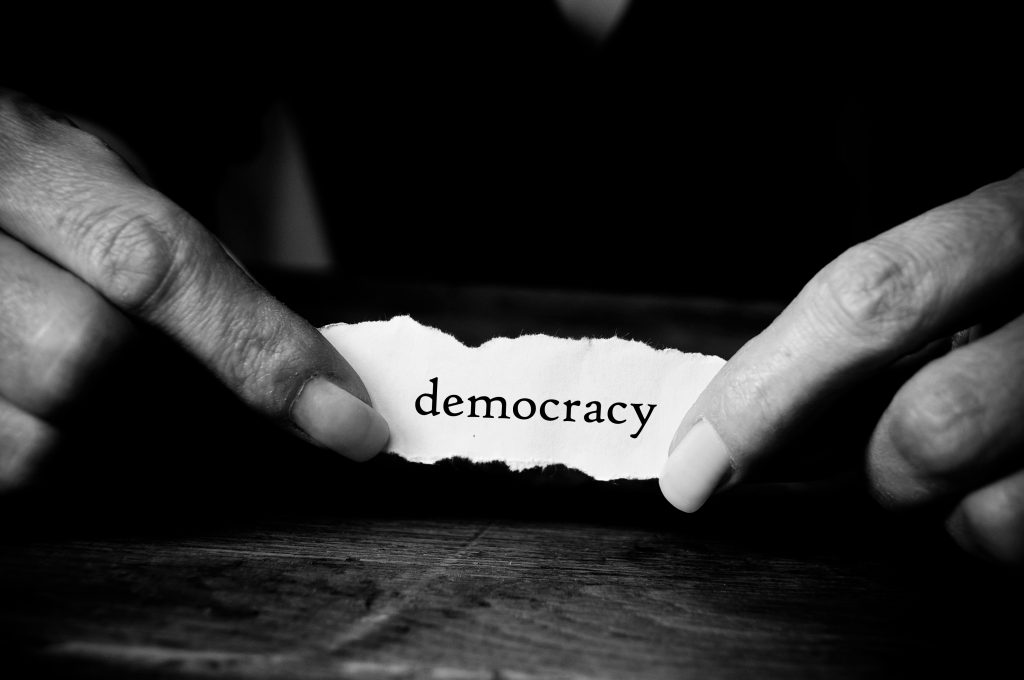100 years of parliamentary democracy

The House of Representatives recently marked 100 years of parliamentary democracy. It was on Tuesday November 1, 1921 when Edward, Prince of Wales and heir to the British throne presided over the ceremony marking the inauguration of parliament. It marked Malta’s first ever self-government who was given all responsibilities except foreign affairs and defence matters.
During these 100 years, democracy in Malta had its up and downs such as the dark days of 1936 when self-government was revoked and only returned in 1947 which marked the first post-war general election. Eleven years later, Malta’s democracy descended once again into limbo, when the British imposed direct rule following the violent 1958 riots incited by Dom Mintoff. Finally in 1964, Malta gained independence and with it came the opportunity to have a fully functioning autonomous parliament which had jurisdiction over all matters.
Sadly, the only significant developments which followed were the inauguration of the new Parliament building in 2015, and the number of MPs which went up from 50 to 65 or even higher in case the corrective mechanism to guarantee proportional representation in line with first-count votes is triggered. In the near future we might even exceed 80 MPs in view of the female quota mechanism. As for the rest, our parliamentarians are still part-timers with little resources and at times dubious ethical standards.
It would have been fitting to mark this centenary by taking stock of the situation and taken measures accordingly. It unconceivable how our parliament is still based on the same model which the British had devised for one of their colonies. Why are we still not considering having full-time MPs who would be able to dedicate their time completely to the enactment of laws and keeping the executive under scrutiny? At present our MPs have to juggle between their profession or work and their parliamentary duties with very little opportunity, time and resources to do research and make consultations. It is no surprise that more often than not, parliamentary debates are riddled with partisan comments, political rhetoric and little substance. At times it is just a case of ensuring there is an MP to fill up the time for either the government or the opposition side. Furthermore, MPs are also involved in the numerous parliamentary committees some of which are crucial to scrutinise government such as the Public Accounts Committee.
The issue of having full-time MPs is closely linked with that of remuneration. Having well-paid MPs would make it easier for MPs to be truly accountable in their declaration of assets which at present is a grey area. Whenever an MP is on somebody’s else payroll be it a State entity or a private one, or rendering a service to a third party, there is the looming danger of a conflict of interest. From time to time we also hear MPs making false declaration of assets only to get away with a slap on the wrist. Such conduct will persist as in reality the only repercussion might be losing their seat in Cabinet or getting expelled from the party. However, it is unheard of that an MP is unseated, unlike the rest of us who risk losing their job in case of insubordination or breach.
The poor salaries on offer are also the reason why the current practice of government MPs taking seat at the helm of State entities or boards is undermining good governance. How can a government MP flag an abuse if he or she fear they might lose their iced bun for rocking the boat?
Finally, there is also the issue of the number of MPs. Evidently quantity does not mean quality. No at all. Malta has the highest number of MPs per 100,000 inhabitants in the EU with 14, followed by Luxembourg with 10 and Cyprus with nine. That means that Malta’s electorate is 14 times more represented than in the United Kingdom. Yet, comparing the House of Commons to the Maltese parliament is like comparing chalk with cheese.
Hence the way forward is a leaner House of Representatives, with full-time MPs and better resources at hand. The next step would be to weed out individuals whose main aim is to venture into politics for personal gain and to boost their personal ego. But Rome was not built in a day.
